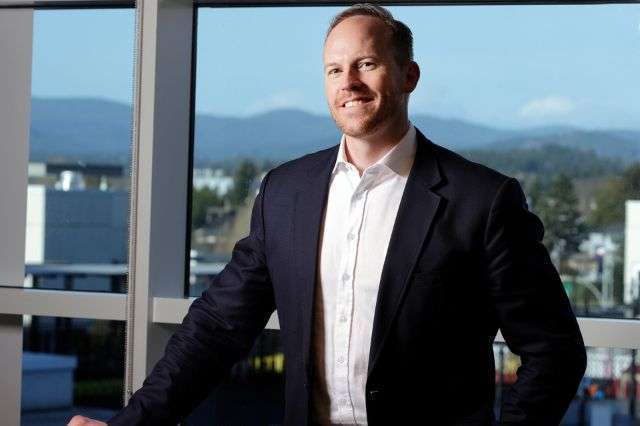The Adam Gant Interview: Affordable Housing Solutions From Vancouver to Toronto
Editor’s Note: From his base in British Columbia, Adam Gant is having an impact on the way thought leaders around the world are approaching the housing affordability crisis. Based on his extensive experience as a real estate investor, he has devised innovative solutions to broaden access to housing and lower costs.
Drawing the most attention from economists, academics, investment bankers and business writers is his concept of “shared equity,” which he outlined in his popular book, A House Shared. Recently Adam Gant talked with The Total Entrepreneurs about the implications of this idea, along with his unique perspectives on housing issues and real estate investing.
Q: How did you develop the concept of “shared equity”?
Adam Gant: I’m reminded of the very last line in the last episode of the classic Perry Mason series, when Raymond Burr said: “Now it seems to me the place to start is at the beginning.” In the search for solutions to the housing crisis, the place to start must always be the facts, the numbers and market trends, as well as the best ideas that have been developed over the years.
That was my beginning. As part of this research, I travel and examined real estate dynamics around the world, and studied the housing market in each. I analyzed which policies are working in each of these countries, and how we might apply these public and private solutions to North America.
In cities from Asia to Eastern Europe, I examined the interplay of housing policy, economics and culture, and learned important lessons. Not every international solution is transferable, but there is a wealth of ideas out there, and plenty of great models that can serve as the basis for our own solutions.
Q: What was the catalyst for your extensive research?
Adam Gant: I trace it all back to the 2008-2009 financial crisis, which was the moment when almost everyone realized there were significant structural problems in the world economy, and that the biggest foundational cracks were in real estate. I resolved to study not just what had gone wrong, but also the underlying trends and systems that had led to the collapse of the housing market.
I also was certain that my research needed a practical dimension. Some of the best ideas never make it beyond academic journals, and I wanted to make sure that my ideas were seen by the widest possible audience. Typically, economic, and financial conversations happen in a confined space, almost a bubble, with economists, professors and officials talking only with each other. It’s almost an abstract exercise. I chose work with real examples even if progress was tediously slow to start with.
Q: Is that the mission of A House Shared?
Adam Gant: Yes, I co-authored the book in 2020 with Patricia Nicholson as a way to broadcast the idea of shared equity. It’s a fictional story, not a dry academic text, and that surprises some people. Yet although the characters are not real, the concept of shared equity is very real, and I believe by the end of the book the reader understands its potential for becoming an effective solution to the housing affordability crisis.
The idea is logical and compelling: Using the shared equity model of home ownership, a buyer starts with a small deposit or down payment, ideally one percent. The home buyer does not need to qualify for a mortgage upfront. The buyer is matched with a home where the monthly payment is comfortable for their family’s income level.
The buyer shares in the equity growth in the home from the price appreciation. The exact percentage share of the home equity growth is dependent on the deposit size. Twenty percent or greater is a good starting range. The home buyer keeps their share of the equity even if they don’t end up buying the home.
Beyond creating an engaging story, we hope to spread awareness of this concept, start important conversations, and illuminate a path forward for policymakers. And for the general reader, we hope to generate critical thinking and inspire critically needed action. More developers, investment fund managers, and other industry professionals could contribute to more widespread adoption which can have a positive effect that compounds with time, as most things financial do.





